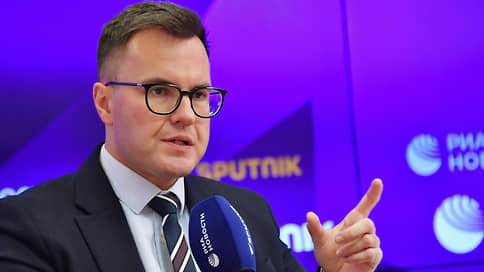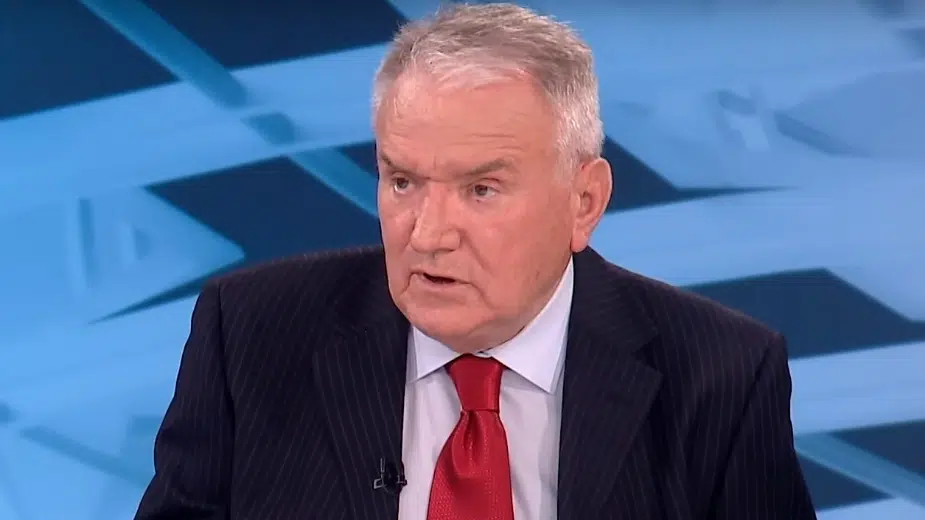The joint venture criticized « microconsessions » in housing and communal services

On May 19, at the St. Petersburg International Law Forum (PMUF), including issues of the effectiveness of the concessions in the field of housing and communal services were discussed. Despite the massiveness of such agreements, they did not become a significant tool for attracting private funds to the sphere of public utilities. This is due to the existence of numerous forced formal, or “mock”, concessions of the amount of up to 10 million rubles, which account for 60% of all agreements in the housing and communal services. Another significant problem when attracting private funds to the industry at the session of the forum was named the tariff policy of government agencies.
The discussion on PMUF took place against the background of the authorities to attract at least 2.8 trillion rubles to the sphere of housing and communal services. private funds. According to the auditor of the Accounts Chamber (SP) Natalya Trunova, until the concession has become a significant mechanism for attracting extra -budgetary money to the industry. Despite the fact that it accounts for 80% of the number of all such agreements, only 12% of housing and communal services are transferred to the concession.
Such statistics are explained by the fact that almost 60% of the concessions in housing and communal services is an agreement with investments of less than 10 million rubles, about 30% – less than 1 million rubles. The Accounts Chamber regarded such concessions as formal (they are also called “mock”).
They are due to the availability of a ban on the provision of housing and communal services over five years for rent, so for them “packaging” in the concession is required. According to the joint venture, if we consider concessions, first of all, as a mechanism for attracting investments, and not the constant functioning of objects with an increase in wear (“which really happens in such small concessions”), then it is worth working out the issue of establishing thresholds of attracting investments – such proposals have already formulated such proposals.
The deputy chairman of the Government of the Leningrad Region Dmitry Yalov believes that in order to avoid the emergence of mass “microconsesses” it is worth transferring objects in small settlements (where such agreements are most often concluded) for long -term lease. “Then we will be able to focus on truly investment projects,” he explained. However, Anna Batueva, director of the legal practice of trust technology, noted that the infrastructure is often very worn out in small settlements – for them a lease agreement without an investment component will not solve the problem. For such situations, a solution, in her opinion, can be a tool of joint competitions – when an object attractive for an investor and “subsidized” are combined into one project.
In general, according to Anna Batueva, the most difficult issue for concessions in the housing and communal services are tariff regulation and the presence of a maximum growth of citizens’ fees for utilities.
She noted that without a “understandable source” of cost compensation to attract 2.8 trillion rubles. Extra -budget investments will be very difficult. The expert expressed the hope that the authorities will eventually come to the abolition of the maximum index or at least to its non -use to that part of the tariff, due to which investment costs are compensated.
The director of interaction with the federal and regional authorities of Rosvodokanal Sergey Krzhanovsky agrees with this approach. He noted that the “output of the investment component from the index restrictions” will attract significant additional funds to the investment program in the industry.
Deputy Head of the Ministry of Construction, Yuri Mudeneck, said that the issue of applying an investment allowance to tariffs is being worked out now, but drew attention to the fact that 32 regions “do not get indexes” (that is, the growth of payments in the housing and communal services below the most acceptable). According to him, it is necessary to work in a balanced and provide targeted support measures to citizens. It should be noted that earlier the authorities have already tried to stimulate investments in the industry, in particular, due to the mechanism of regulatory agreements providing for long -term tariffs that take into account expenses on investment programs. However, while the share of enterprises that have concluded such programs is insignificant.







